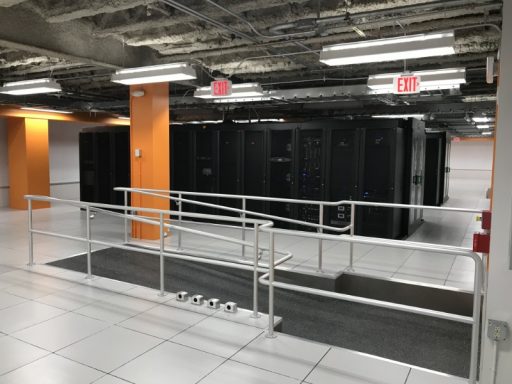

One of the core services we offer here at INOC Data Centers is Colocation. A staple in our industry and an essential service to any business. Not something that’s talked about a lot until it’s needed unless you have something like……
Enter Covid and 99% of businesses have to change to remote work regardless of whether they were set up to do it or not. Overnight, businesses had to adapt in order to keep providing the services that they offer. It was either adapt, shut down for a period of time or close.
For most, the latter two weren’t an option.
Fast forward to today, we’re a solid year in and businesses are thriving remotely. Once terrified about work from home, now realizing that they can be more profitable, more productive and employees tend to be happier.
For some companies, why go back? So they can continue to pay tens of thousands of dollars a year in rent/mortgage, taxes, electricity, coffee, supplies, generators, etc? (Hint: They’re not)
For us, working from home indefinitely means companies who decide to get rid of office space will have to find a home for those servers sitting in the closet in the back.
And that brings us to what colocation is and its benefits.
“Very simply, colocation is taking the servers your company owns and housing them in a third party facility (INOC) instead of a room or closet within the business.” That’s it. That’s colocation. Co-locating your equipment somewhere else.
The bigger hurdle is finding someone to trust. Luckily for you, we have what to look for, without getting too “techie”.
It starts with the company. Who you do business with is just as important as why you’re doing business with them. How long have they been around? Who’s the owner(s)? What’s their future plans? Do they have room for your future plans? What audits/certifications do they have (SOC, HIPPA, HITRUST, SSAE)? Who audited them? What’s their legal history? Are they reputable? What’s the staff like, how knowledgable are they and how long have they been there? You need to feel that the company is an extension to yours.
The Building: This is more important than you may think because it ties in things like location, digital and physical security, power, cooling, etc. Think about storms and natural disasters, how’s the location? What’s the structure of the building? How’s the entrance to the building and the entrance to the data center? Cameras everywhere? Ask about power to the building, about cooling and generators. Remember, you want to make sure that no matter what happens, you’re servers stay up and running.
Connectivity and Redundancy: The last thing you need is not being able to connect to the data center or your equipment. How many internet carriers do they have and who are they? What happens to you if one carrier drops? What “uptime” do they provide and what about past events? What type of equipment does the data center use? What’s their backup and disaster recovery plans? Basically, do they have procedures, processes and systems to keep you connected.
No matter what, be sure to ask your questions and make sure the company you choose is determined to be a partner in your success.
